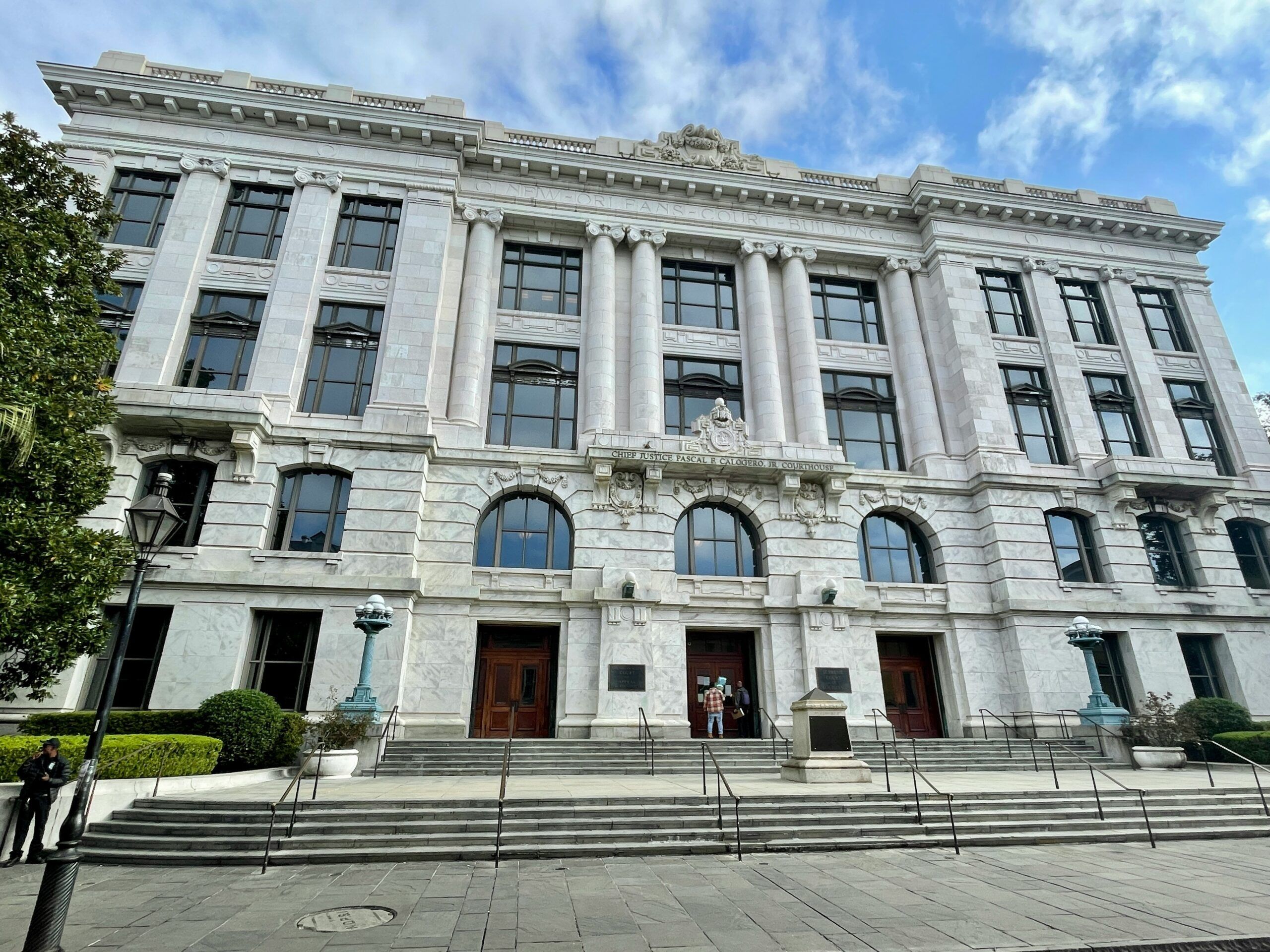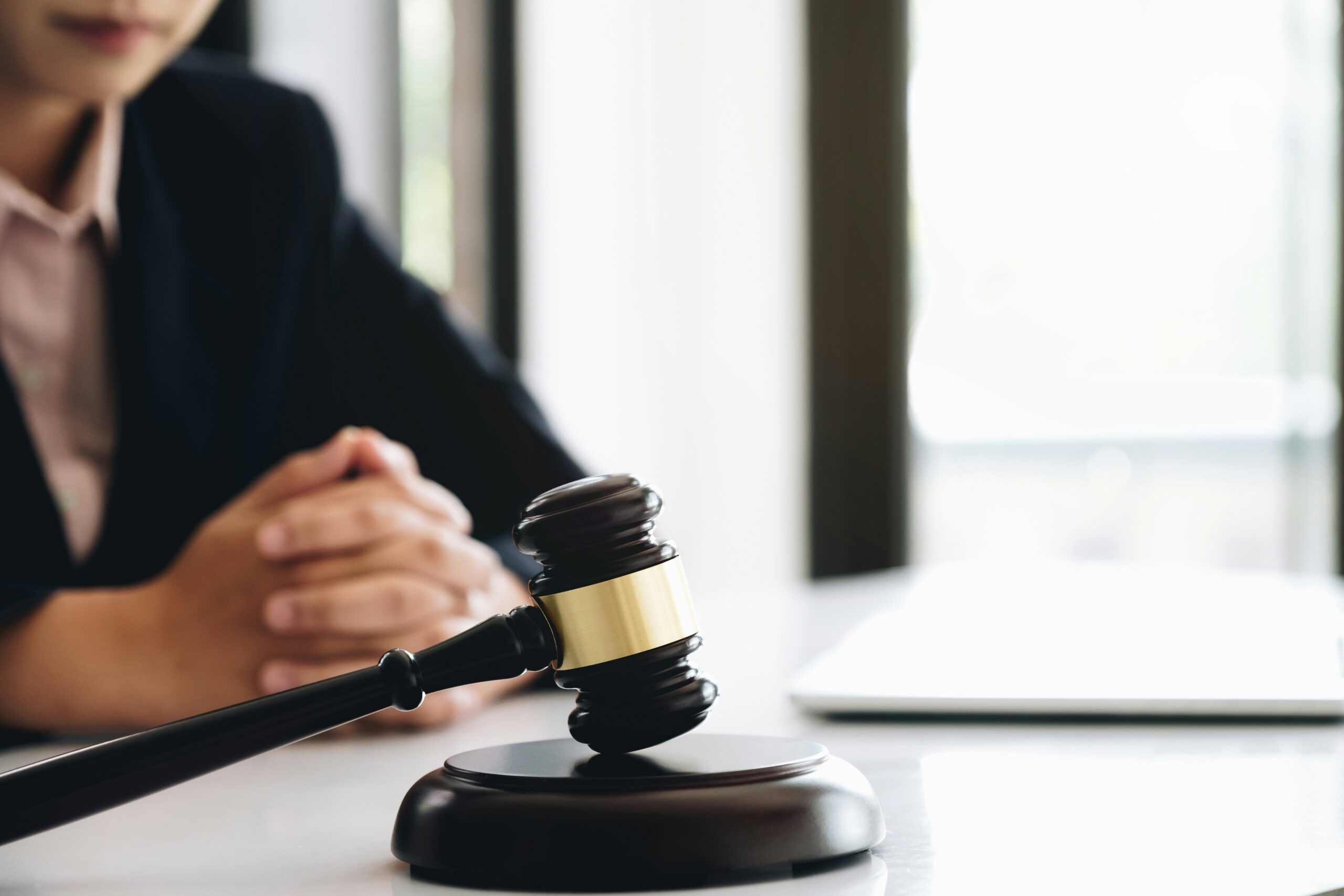Contents
- FEATURE ARTICLE: Do Lawyers Have a “Duty to Google”?
- NEW AUTHORITY: Pronoun Redux
- ETHICS & MALPRACTICE RESEARCH TIP: New Articles from The Current Index of Legal Periodicals
- BLAST FROM THE PAST: Excerpt from The Moral, Social, and Professional Duties of Attorneys and Solicitors (1870)
EDITED BY: Professor Mike Hoeflich
PUBLISHED BY: Joseph, Hollander & Craft LLC
January 31, 2023
View or download the PDF version.
FEATURE ARTICLE
Do Lawyers Have a “Duty to Google”?
Over the past several years, we have discussed in this column several ethical challenges Google poses for lawyers. Google and its software and devices have become ubiquitous in our society. It is difficult to imagine an American lawyer who does not use Google routinely in her personal and/or professional life. But the many conveniences and economic advantages of Google also come with certain ethical considerations for lawyers.
In an earlier column, we discussed the danger of using Google for confidential searches. Software is now available that permits the user to backtrack search results to discover the search questions. If not phrased properly, a search question might, in fact, reveal client confidential information to someone who gains access to search results and then uses software to reconstruct the search questions. Such a scenario might well expose the searching attorney to a charge of violating Rule 1.6 that requires maintaining client confidences.
Recently, a new issue has arisen: what some courts and commentators have referred to a lawyer’s obligation to use Google as an investigation tool.[1] Law Professor Michael Murphy provides a thorough review of this issue in a brilliant article titled, “The Search for Clarity in an Attorney’s Duty to Google.”[2]
Murphy and others who address this issue begin with the foundational premise that lawyers have some obligation to investigate facts. The courts continue working to define the full extent of this obligation. The obligation arises from several sections of the Rules of Professional Conduct….References:
- The phrase seems to have been coined by Megan Zavieh, “Lawyers’ Duty to Google: Not Changing Anytime Soon,” Att’y at Work (July 7, 2020).
- Michael Thomas Murphy, The Search for Clarity in an Attorney’s Duty to Google, 18 Legal Comm. & Rhetoric: JALWD 133 (2021).
NEW AUTHORITY
Pronoun Redux
The discussion as to the use of personal pronouns to reflect gender identities is one that is ongoing in the United States. It has also become an issue for law firms and courts.
As we discussed in an earlier column, the question of whether lawyers and litigants may choose the pronouns by which they will be addressed in court documents and proceedings has already been addressed, to some extent, in New York. Now the Michigan Supreme Court has entered the discussion.
On January 13, 2023, the Michigan Supreme Court issued a proposed amendment to the Michigan Court Rules for public comment. The substance of the amendment reads:
Parties and attorneys may also include any personal pronouns in the name section of the caption, and courts are required to use those personal pronouns when referring to or identifying the party or attorney, either verbally or in writing. Nothing in this subrule prohibits the court from using the individual’s name or other respectful means of addressing the individual if doing so will help ensure a clear record.
The Staff comment to the proposed Rule is:
The proposed amendment of MCR 1.109(D)(1)(b) would allow attorneys to provide personal pronouns in document captions and require courts to use those personal pronouns when addressing the party or attorney, either verbally or in writing, unless doing so would result in an unclear record. The Court is interested in receiving comments addressing the constitutional implications of this proposal.
There are a number of interesting points in this brief proposed Rule….
ETHICS & MALPRACTICE RESEARCH TIP
New Articles from The Current Index of Legal Periodicals
Google is not the only ubiquitous technology that virtually all practicing lawyers have adopted in their practices. Over the past several decades, lawyers have moved from record and file storage in hard copies to digital devices like compact discs to cloud computing (i.e., storing information on offsite servers). However, the use of cloud computing for record and file storage is not without its ethical pitfalls. It may implicate a number of the Rules of Professional Conduct, including Rule 1.6 on confidentiality and Rule 1.15 on safekeeping client property. Kansas lawyers are fortunate to have a basic guide to these issues in Nick Badgerow’s, “The Move to Cloud City: The Benefits and Risks of Cloud Computing,” Vol. 84 J. Kan. Bar Assn 1, 22 (2015).
We also have a convenient online list of United States ethics opinions issued by various authorities in “A List of All the Ethics Opinions on Cloud Computing for Lawyers,” published online by Clio.com. It is an extremely useful resource, and every lawyer should have it bookmarked on his or her computer.
BLAST FROM THE PAST
Excerpt from The Moral, Social, and Professional Duties of Attorneys and Solicitors (1870)
Do not precipitately act upon your client’s statements as to such and such being facts, but ascertain for yourselves whether they be facts. It is your bounden duty to do so — and it will not afterward avail you as a defense when your professional conduct is challenged by a disappointed client, that you had relied on his statements, if you had the means of ascertaining the correctness of them, but neglected to do so. It will, when challenged, be for you to prove your searches — your inquiries — that you went to this person, wrote to that, and were duly in attendance at the proper time and place. How intolerably mortifying for you to have your duties delineated, with cruel precision, by the judge summing up against you, in an action for negligence brought by your client, or by yourself against him, for your bill — but unsuccessfully!
—Samuel Warren, The Moral, Social, and Professional Duties of Attorneys and Solicitors, 238-239 (Albany, N.Y.: J.D. Parsons, Jr. 1870).
Download a full-text PDF of the Legal Ethics & Malpractice Reporter via the button below.
View or download the PDF version.
About LEMR
The Legal Ethics & Malpractice Reporter (LEMR) is a monthly publication covering current developments in ethics and malpractice law. This popular, free publication, with close to 8,000 current subscribers, was envisioned by KU Law professor Mike Hoeflich, who serves as the publication’s editor in chief. In partnership with Professor Hoeflich, JHC’s legal ethics and malpractice group is pleased to publish this monthly online periodical to help attorneys better understand the evolving landscape of legal ethics, professional responsibility, and malpractice.
Get LEMR delivered to your inbox!
Make sure you don’t miss an issue of the Legal Ethics & Malpractice Reporter. Subscribe to our email list below to get a notification and digest of each edition as it is released. Subscribe to LEMR.
About Joseph, Hollander & Craft LLC
Joseph, Hollander & Craft is a premier law firm representing criminal, civil and family law clients throughout Kansas and Missouri. When your business, your freedom, your property, or your career is at stake, you want the attorney standing beside you to be skilled, prepared, and relentless. From our offices in Kansas City, Lawrence, Overland Park, Topeka and Wichita, our team of 20+ attorneys has you covered. We defend against life-changing criminal prosecutions. We protect children and property in divorce cases. We pursue relief for victims of trucking collisions and those who have suffered traumatic brain injuries due to the negligence of others. We fight allegations of professional misconduct against doctors, nurses, judges, attorneys, accountants, real estate agents and others. And we represent healthcare professionals and hospitals in civil litigation.












